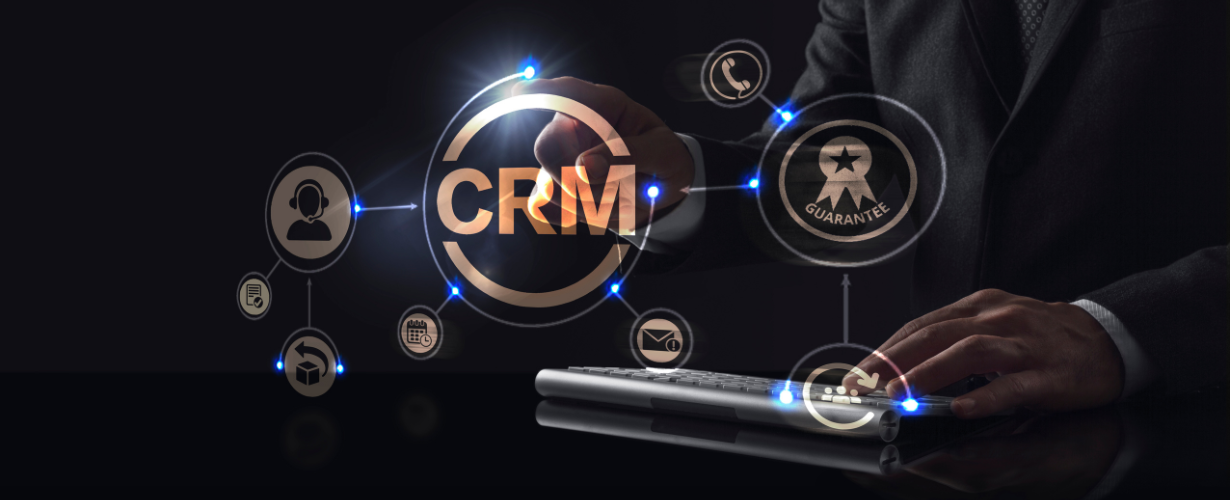Even in these cynical times, you can still occasionally recognize particular professionals that, with honesty and integrity, really represent their profession. One standout example is a profession whose people act as one would expect, from how they dress to how they execute their jobs. If they don’t behave this way, it can become life-threatening.
The profession we’re talking about is that of firefighters. Because of the way they perform, they are highly respected and admired.
Wouldn’t it be a different world if other professions adhered to their original standards and purposes like firefighters do? If a doctor was always a doctor and only acted to make people well? If a lawyer was indeed a lawyer and only helped honest people find justice or be adequately represented?
Turning to Salespeople
With this in mind, let’s examine sales as a profession. What was the original purpose of sales? What kind of mindset do we need to reestablish so that they align with their own original goals like a firefighter does with theirs?
Going back in time, let’s take a look at a fundamental that salespeople should be intimately familiar with: economy. Sales had its origins in the exchange of goods, before the time of currency. One person had something that someone else wanted. The second person offered something that the first person wanted, so that they could exchange and both be satisfied. This exchange would only occur if the goods being exchanged were somewhat equal in value, especially to each party.
BuyerBuyer A buyer is an individual or organizational entity that purchases a product or subscribes to a service. Preferences
Economy as a subject was evolved so that people’s trading habits—and later buying habits—could be better understood. What made items or services valuable to people? This subject is terribly important to salespeople because they must understand what makes people act as they do, which falls into the area of preference.
We can take an example in selling to someone of advanced age, the approach to which would be considerably different from selling to middle-aged or young people. An older person will probably not be a good prospect for a new home or a new car, whereas someone of prime earning age will be perfect for these items. Different priorities are reflected by age.
Buyer preferences must be thoroughly understood by salespeople. Age, of course, is a more obvious gauge of preferences. Other preferences are affected by different factors than age, such as culture, gender, or taste. If a salesperson doesn’t have an understanding of such priorities when it comes to the products or services they are selling, they will be, to that degree, unsuccessful.
An example is our target buyer when we are selling Pipeliner—we’re aiming for companies with (among other qualifications) a goal to succeed in today’s digital transformation. When a company doesn’t understand that they must align with and succeed in the digital transformation, they will not survive long, whether or not they believe it.
A more drastic example would be that, 150 years ago or so, salespeople would have had no problem selling horses for pulling carriages, as everyone had them as a preference. Today, though, even a salesperson armed with top sales skills and marketingMarketing Marketing is the field, set of actions, or practice of making a product or service desirable to a target consumer segment, with the ultimate aim of effecting a purchase. support could not do well with such a commodity, because preferences have totally changed in the age of the automobile.
Economical Aspect of Allies
Economy has another angle for salespeople. When you truly service a customerCustomer Customer is an individual or an organization that purchases a product or signs up for a service offered by a business., you have made an ally. That ally will promote and refer your company, which means they will be a multiplier for your business.
You’ll only make an ally, though, if you sell them something they can really use, that will actually bring them benefit. If you “push something off” on a customer, they will feel betrayed, which means a bad review for you and negative word-of-mouth.
You’ll never make an ally by lying to close the deal, which is of course the worst kind of sales. At Pipeliner, we encountered such a thing on the very day this was written. We were looking to possibly use the services of a company that I won’t name, and the company representative was telling us that they had 12,000 customers and were expanding like crazy. However, one look at their social media told the reverse story—they only had two reviews, and one of them was totally negative. It read, “Don’t go there! You pay your money, and they deliver the exact opposite of what they claim.” In a network community, word spreads fast. This is the worst thing that can happen.
The Principle of Quid Pro Quo
When considering paying for your productProduct Product refers to anything (an idea, item, service, process or information) that meets a need or a desire and is offered to a market, usually but not always at a price. or service, a buyer has an idea of what would constitute real value for their money. When you are charging for a product or service, the buyer has a conception of real value for their money. The seller must demonstrate that the buyer will be obtaining this value for the money they are paying.
In short, we’re then creating a “quid pro quo”—a Latin phrase meaning “something for something.” Your customer is exchanging money for something of equal value. Another Latin phrase expressing this sentiment is “do ut es,” which translates to “I give so that you may give.”
Only when such a situation occurs can we say that the value of a product or service is correct.
Other Economic Factors
You may have heard that Pipeliner CRM was created from principles of the Austrian School of Economics. These principles, along with those stated above, make for a sales environment containing honesty and integrity.
Opportunity cost is a principle that salespeople should be familiar with. Opportunity cost is the amount the salesperson and their company spend to obtain an opportunity. Every action was taken by the company and the salesperson in the direction of this opportunity contributes to the opportunity cost.
In pursuing an opportunity, a company or individual salesperson can reach a point that they no longer want to invest in it knowing that chances of actually landing it are slight. This is often expressed as “throwing good money after bad.” The money already invested into an opportunity is known in the Austrian School as sunk cost. Sunk cost should always be watched so that a sales team or company will know when they’ve spent too much and should move onto other opportunities.
Use of Sales Tools
It’s true that anyone not making full use of effective technology today is going to be lost. But it’s crucial to understand that at the same time, humans and technology must function in harmony—technology alone will not make a successful salesperson. Therefore a salesperson’s mindset is still vital to their achievement.
Pipeliner, with its Instant Dynamic Visualization, is not only the most used CRM in today’s market, it dramatically assists salespeople in understanding their prospects’ motivation to buy.
Looking at the big picture, Pipeliner brings incredible value to any company engaged in today’s digital transformation. It gives salespeople and other company stakeholders the freedom to perform their daily roles so that the company becomes more efficient and effective.
Elimination of Conflict
This freedom, in actual fact, is provided to two parties engaged in the exchange of funds for products or services. As knowledge, products and services change hands, partners are created. Partners will not be in conflict, will they? That’s one principle of trade that is often missed: in the presence of freely conducted trade, conflict does not occur.
Unfortunately, we’re observing the exact opposite today in the Russia-Ukraine conflict. According to French economist and writer Frederic Bastiat, “When goods do not cross borders, soldiers will.”
Another Bastiat quote regarding conflict and enforcement can be applied to many things we’ve seen during the covid crisis: “When law and morality contradict each other, the citizen has the cruel alternative of either losing his moral sense or losing his respect for the law.”
Emerging from the turbulent times of the last few years, Pipeliner is here to assist salespeople in crossing borders.
Most Important: Honesty and Integrity
We’ll now circle back around to the firefighter comparison we began with, and take up our final and most important salesperson quality: honesty and integrity. A firefighter never violates the principles of their profession. When a salesperson is violating their principles, not providing value for the money, saying one thing and doing another, they have violated the foundational principles of sales.
A vital part of Pipeliner’s mission is the restoration of those principles. In addition, we are here to provide a bridge between the tool, which is Pipeliner, and the proper salesperson mindset we’ve been describing.
Come with us as we do!




